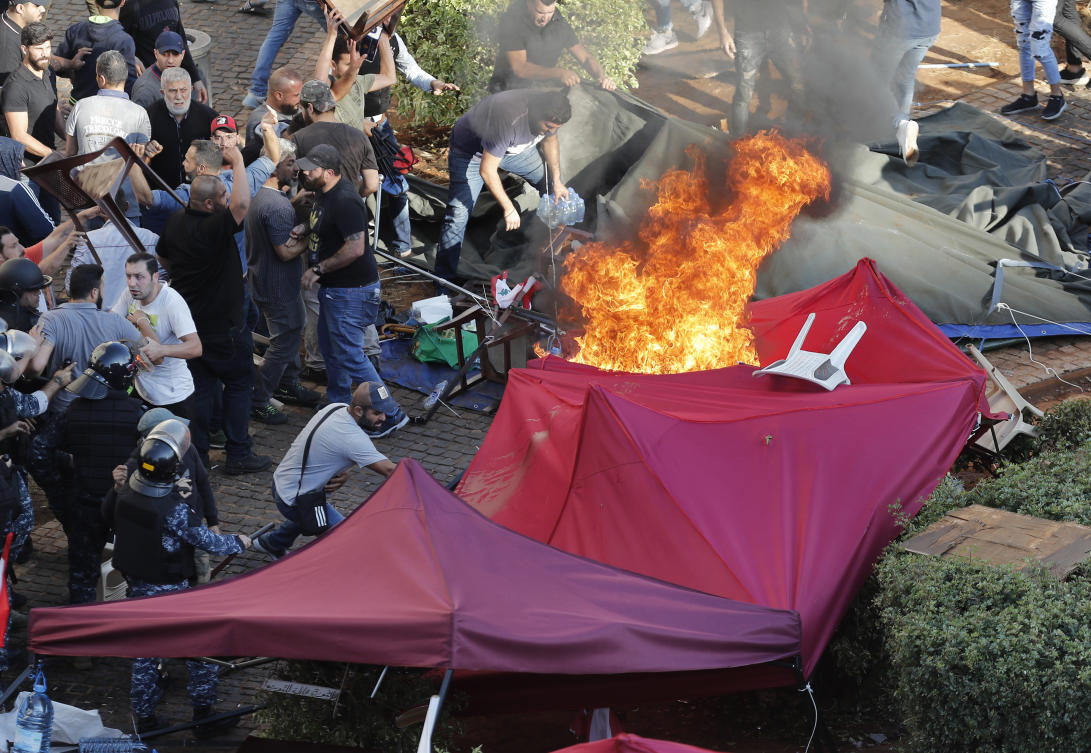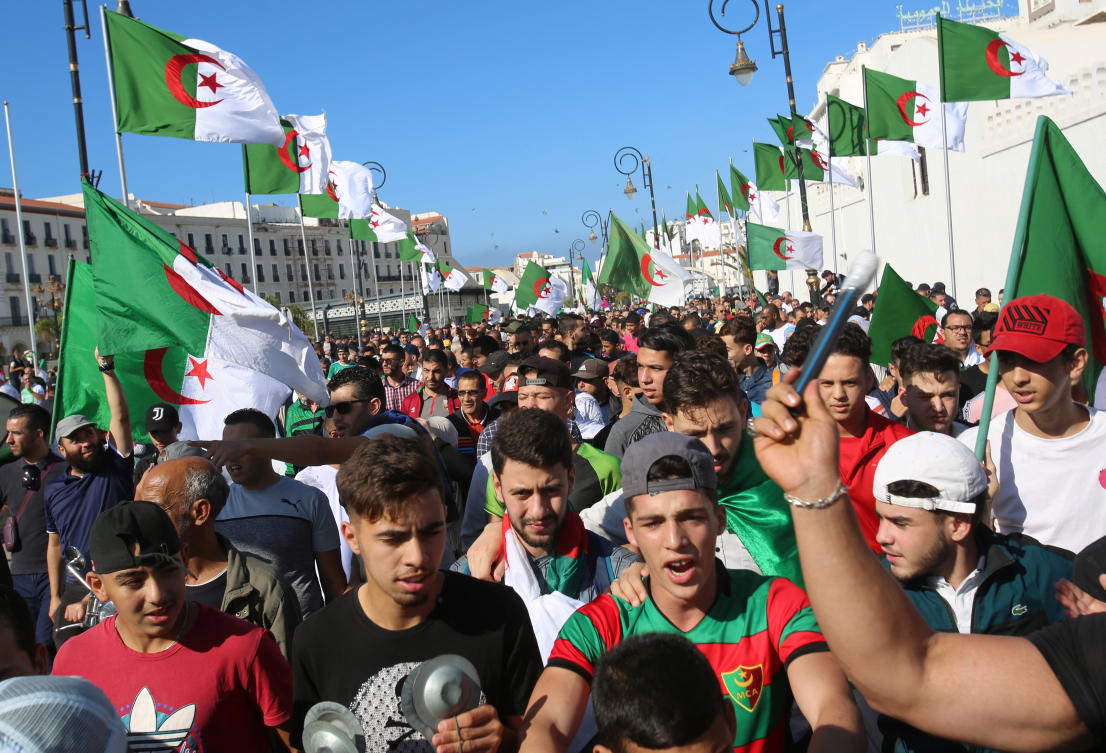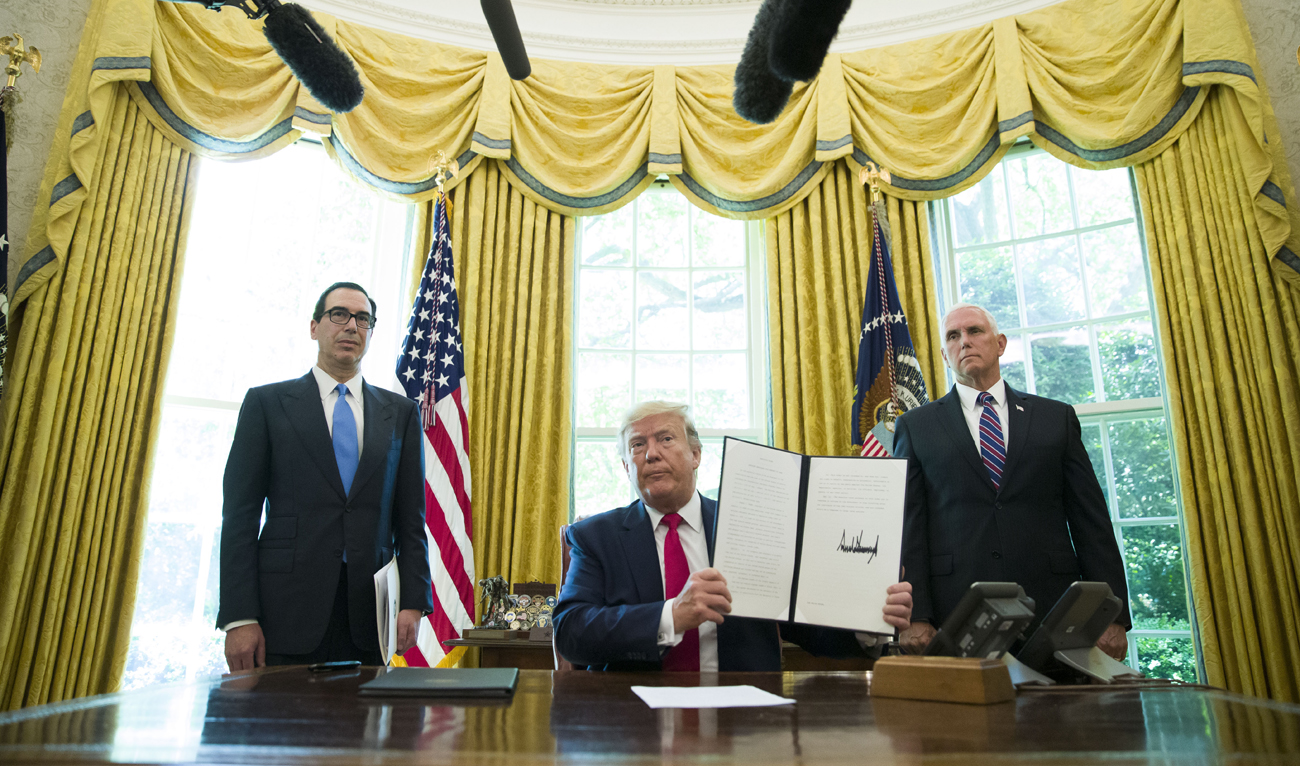CAIRO: Abuse of women and children is a topic that has long been silenced or tabooed in many cultures worldwide, including in the Middle East.
Social entrepreneur Laila Risgallah has made it her life’s work to try to stem the blight of abuse in her native country Egypt.
Violence against women is rampant in the most populous Arab country. A 2013 UN study revealed that 99.3 percent of Egyptian women had experienced harassment in some form.
About a decade ago, Risgallah founded Not Guilty, an education and counselling service with a mission to stop the abuse and bullying of children and adolescents.
“Violence against females is based on pervasive and deep-seated beliefs and behaviors, making it difficult to root out with legal penalties or superficial changes in society,” she said.
According to research by the Population Council, nearly two-thirds of Egyptian men surveyed admitted to harassing women, and nearly 80 percent of Egyptian males aged 15–29 said a woman who is harassed “deserves it.”
Just over 70 percent of women in the same survey said “immodestly dressed” women deserve being abused.
“Child sexual abuse occurs at all socioeconomic levels, across all ethnic and cultural lines, within all religions and at all levels of education,” said Risgallah. “By making sure that we’re educated and informed on this issue, we can prevent children from going through this heinous experience.”
Through training held by Not Guilty in schools, she discovered that up to 15 percent of children have been exposed to abuse.
But as little as 10 percent of overall abuse cases are reported due to the shame, guilt and stigma associated with reporting, Risgallah said.
With the issue of abuse being so complex and endemic in society, she believes that ending harassment will not be achieved simply by implementing sterner laws. “Prevention is always easier, better and less costly than rehabilitation and treatment,” said Risgallah
“Our goal is to raise a generation of kids, youth, parents, leaders and teachers who hate, refuse and fight abuse,” she said.
“Not Guilty is working toward achieving this goal through raising awareness of the dangers and consequences of sexual harassment in order to achieve a safe environment.”
Risgallah, who has a Ph.D. in childhood studies and a bachelor’s degree in psychotherapy, said the sentiment of her organization is crystalized in its name. “The name realizes and underlines that abuse has never, ever been the victim’s fault,” she said.
Not Guilty uses a three-pronged approach to address abusive relationships.
The NGO trains children aged 3-18 on how to respond if abuse happens, advises parents on how to protect their children against abuse, and shows teachers and caregivers how to spot abuse and what to do if a case is reported.
“Pre-training children is a unique approach since most people work on sexual abuse after it happens,” Risgallah said.
“Most schools hold earthquake drills and fire drills, so why not hold an anti-sexual abuse drill?”
Not Guilty trains children on how to protect themselves through the interactive program SKIT, using songs, skits, games, coloring and puppets.
Risgallah said her organization faces constant opposition from stakeholders on all sides. “People don’t know that sexual abuse is rampant, and if they do know, they don’t think it’s such a big deal,” she added.
“The damage wrought by sexual harassment is never spoken about. It’s a taboo subject, so it’s hardly ever reported,” she said.
“Wherever we go — whether we go to schools, nurseries, orphanages or other non-profits — we’re greeted with the same words: ‘We have no cases of sexual abuse here’.”
But Risgallah has no plans to give up on changing attitudes in Egypt and beyond anytime soon.
Not Guilty has so far trained more than 9,000 children and teens, 4,000 parents, 1,000 teachers and 230 factory workers — both male and female. The NGO also continues to provide counselling and support services for victims of abuse.
“Children need to know that they’re not alone if they face sexual abuse,” Risgallah said. “We’re witnessing a true impact and change in many parts of the world.”
• The Middle East Exchange is one of the Mohammed bin Rashid Al-Maktoum Global Initiatives that was launched to reflect the vision of the UAE prime minister and ruler of Dubai in the field of humanitarian and global development, to explore the possibility of changing the status of the Arab region. The initiative offers the press a series of articles on issues affecting Arab societies.




